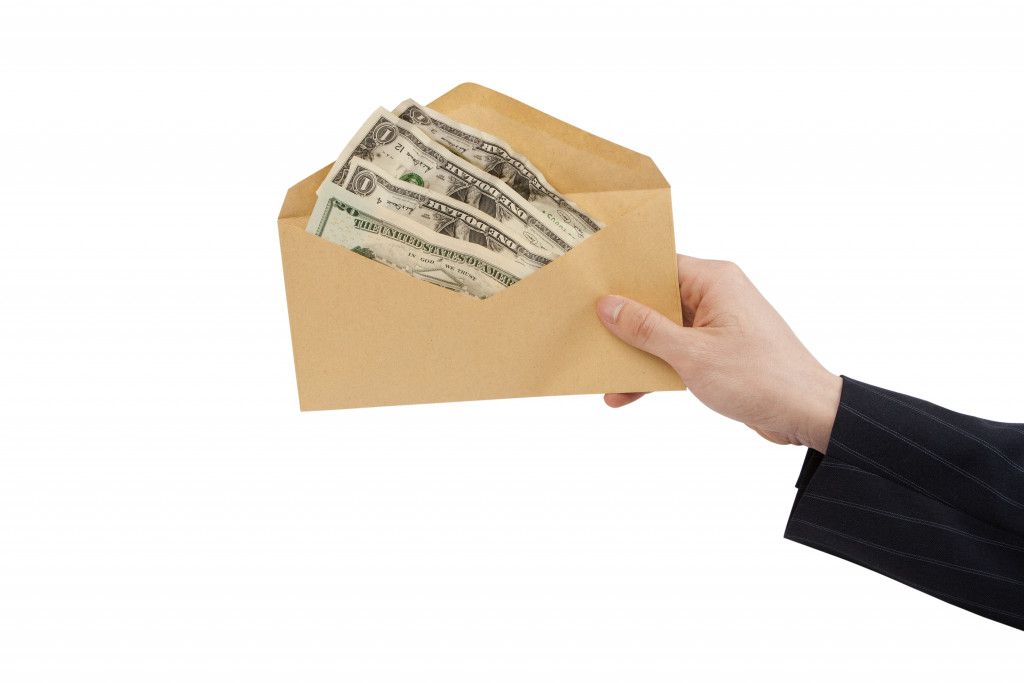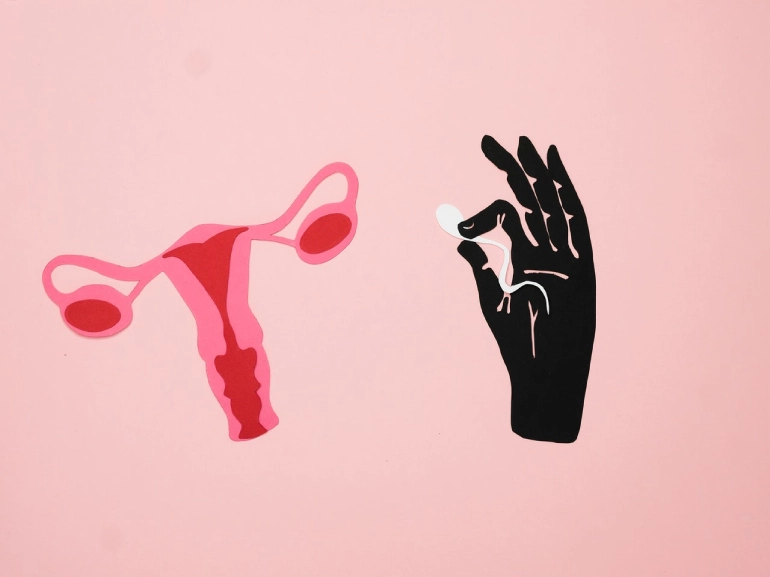Sometimes, we run out of money before our next paycheck comes. We have to find ways to make do until our next payday when this happens. Here are some workarounds when you’re short on funds.
Use a Credit Card for Emergency Expenses
If you have a credit card, you can pay for emergency expenses. This can help you cover unexpected costs such as medical bills, car repairs, and home fixes. Just be sure to pay it off using your next paycheck to avoid accruing unnecessary interest charges.
Get a Part-Time Job
When you’re short on funds, there are a few workarounds you can consider. One option is to get a part-time job. This can help you earn some extra money and give you some valuable work experience.
Part-time jobs you can start include working at a retail store, restaurant or call center. You could also look into freelancing opportunities or start a home-based business.
Use Your Savings
This may not be an ideal solution, but if you’re really in a bind, it can help you to get by. If you have a rainy day fund or some money saved up in a 401k or IRA, you can access those funds without penalty.
Borrow Money from Friends or Family
Another option is to borrow money from friends or family. This can be a temporary fix, but it’s important to make sure you pay back the money as soon as possible.
If you need to borrow a large sum of money, you may want to consider getting a personal loan from a bank or credit union. These loans typically have lower interest rates than credit cards.
Apply for Financial Aid

Another option is to apply for financial aid, such as jumbo cash loans and other types of financing programs. This can help you pay for school, housing, or living expenses.
If you’re trying to get financial aid for college, start by filling out the Free Application for Federal Student Aid (FAFSA). To receive money from a federal work-study program, you should also fill out your school’s job application and learn about your school’s on-campus employment opportunities.
Types of Personal Loans Available
When you need a personal loan, it’s important to understand the different types that are available.
There are three main types of personal loans: secured, unsecured and peer-to-peer. Secured loans are backed by collateral, such as your home or car. Unsecured loans don’t require collateral, and individual borrowers fund peer-to-peer loans.
The following is a summary of the three main types of personal loans:
Secured loans are backed by collateral, such as your home or car. If you can’t make your loan payments, the lender can seize your collateral to repay the debt.
Unsecured loans don’t require collateral, but they often come with higher interest rates. This type of loan is a good option if you don’t have any assets to use as collateral.
Individual borrowers fund peer-to-peer loans. This type of loan typically has lower interest rates than other personal loans.
When looking for a personal loan, it’s important to compare the interest rates and terms from different lenders. It would be best to read the fine print to understand the loan’s repayment terms.
Start a Side Hustle
Another option is to start a side hustle. A side hustle is a business or source of income that you start on the side, in addition to your day job. There are many types of side hustles, so there’s likely one that would be a good fit for you.
Examples of side hustles include freelance work, selling products in shops such as Etsy and eBay, starting a blog to provide advertising revenue, and owning an online store.
You can also consider doing some freelancing or consulting work. While this does not bring in quite as much money as a part-time job would, it is typically done on your schedule. This can be a good option if you want to make extra money but don’t want to commit to a set number of hours.
Finally, you can also try to reduce your expenses. This can be done by evaluating your spending habits and making necessary changes. For example, you might be able to save money by cooking meals at home instead of eating out or by canceling unnecessary subscriptions.
How to Avoid Being Short on Funds
If you want to avoid being short on funds in the future, there are a few steps you can take. First, it’s important to create a budget to have an idea of how much money is coming in and going out.
You should also start saving money for unexpected expenses, such as medical bills or car repairs. Finally, make sure you create an emergency fund to cover unexpected expenses or job loss.
Having money saved up can help you avoid being short on funds in the future, so it’s important to start saving as soon as possible.
No matter what option you choose, staying motivated and focused on your goal is important. It may take some effort, but eventually, you will reach your target.



